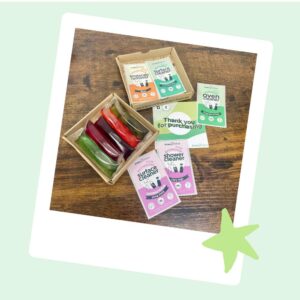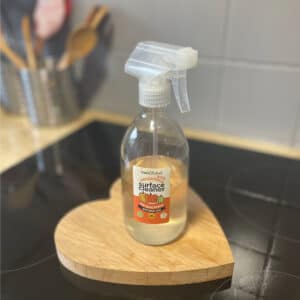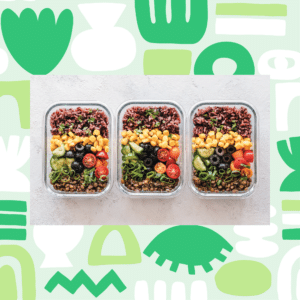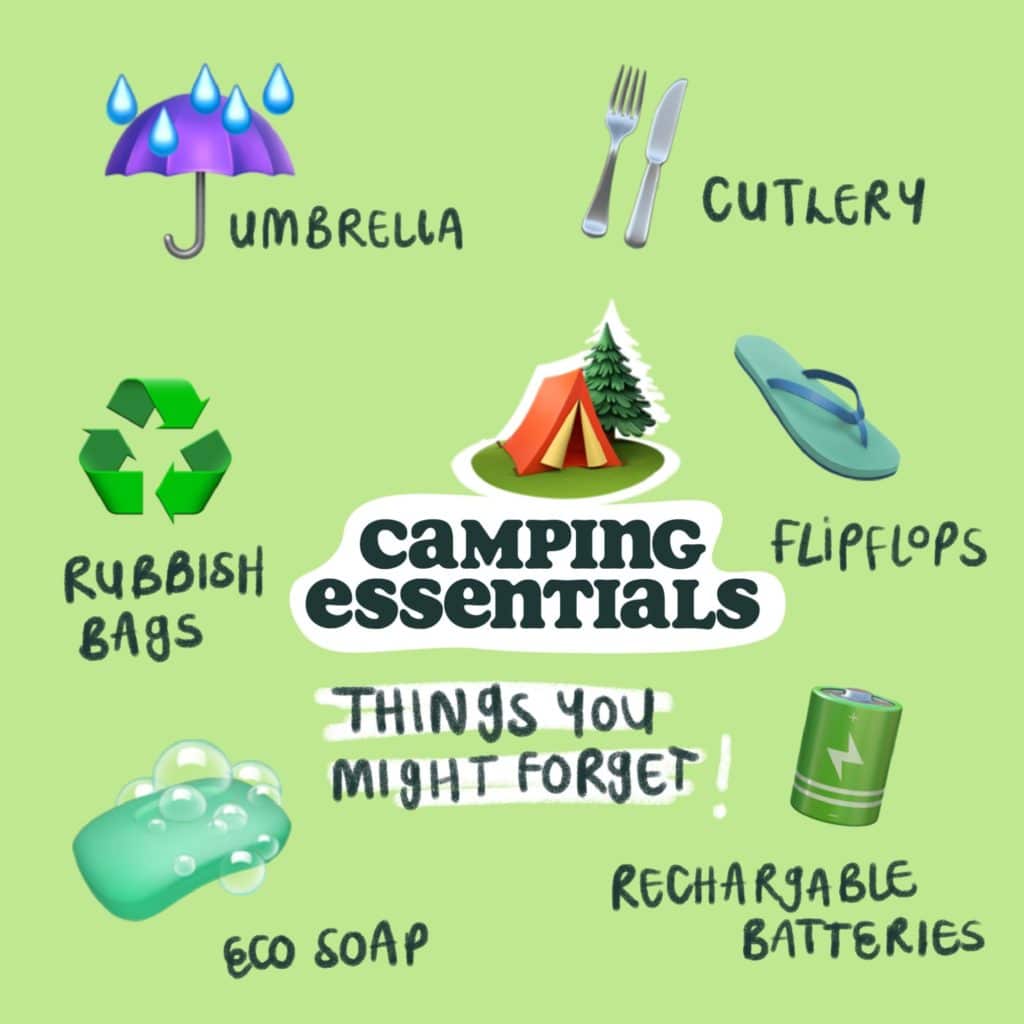
We believe camping is the best type of UK holiday, its fun and cheap. A win win.
Is it your first time camping? Are you worried about sleeping with only a piece of material between you and the elements?
Here are our top tips with everything you need to know…
Before you go
- Always, always, always size up with your tent. A 4 man tent is not made for 4 men. Sizing up allows for a comfortable amount of room for luggage and living.
- If it’s your first time camping, and you are unsure if you will love it, don’t rush into buying an expensive tent. We recommend borrowing from friends and family or purchasing second hand on Facebook market place and eBay. Second hand tents are cheaper and more sustainable, so it’s a win win.
- You don’t have to leave the UK to have a good time. There are beautiful spots all over the country with lots to explore. Some good websites are pitchup.com, campsites.co.uk and hipcamp.com
Packing:
Preparation is key, you will enjoy your trip so much more if go with the essentials. Here is a list of things you might forget. We remembered so you don’t have to. Share this in your group chat now so no one ends up borrowing your things.
- Two bags for rubbish. One for normal rubbish and one for recycling. Just because you are on your holibobs there is no excuse to not separate your rubbish. Plus majority of camp sites have a recycling station, making it super easy. Keep an eye out as some campsites even have a compost these days!
- Rechargeable batteries. Torches and headlamps are a camping must. Invest in some reusable batteries or solar powered tech. This way you will create no electric waste from your camping trip away. They may seem a bit more spenny but over time they will pay for themselves.
- Ditch the single use. Remember to pack even just the very basics like a fork, plate and water bottle. Even just these essentials will reduce your waste dramatically.
- Raincoat / umbrella. Don’t let how nice the UK weather has been recently lull you into a false sense of security. Camping in Britain is unpredictable. There is nothing worse than soggy clothes inside your tent, bring something to protect you from the elements.
- Flipflops. Even if you aren’t camping by the beach, or you are camping in winter, flipflops or slides are a must for the showers. No one wants sandy and dirty feet immediately after leaving the shower.
- Biodegradable soaps. Conventional soap, toothpaste and washing up liquid can be harmful to the environment. The toxins in these products cause harm to the wildlife and plants. Consider swapping to clean, non toxic products. If not, make sure to not spit your toothpaste or throw your washing up liquid into the bushes/grass. Use the drains in the toilet block and washing up section of the campsite…yes even if it’s a bit of walk.
When you arrive
Arrive in time to set up in daylight. Struggling with tent poles in the dark is NEVER fun. Also this way you can pick the best pitch as opposed to waking up in the morning and releasing you’ve pitched next the to bins.
Shop local. Instead of grabbing your grub at a Tesco on route. Consider purchasing some bits from the campsite shop, corner shop or local farm. This is a great way of supporting the area you are visiting.
Eat Local. Along the same lines choose the small family run restaurant as opposed to the large chain. You are more likely to discover delicious regional recipes made from local ingredients. This way + you are bringing positive tourism to the area and supporting them finically.
When you leave
Leave no trace. The hardcore campers call this ‘pack out what you pack in‘. Basically, as much as possible, leave your pitch how you found it! Don’t be a litter bug, there’s normally bins at your campsite but even if there isn’t take your rubbish and throw later.
Leave your tent clean, your future self will thank you. As you are packing up make sure to sweep and wipe down the inside of your tent. Use our antibacterial spray to freshen up the smell and remove any nasties. Non eco-friendly surface sprays, especially ones that contain bleaching properties can weaken the fabric of the tent. This will cause waterproofing issues in the future.
Further Reading


Gushing over Gourds: Eco-Friendly Halloween

Myth Busting – Plastic Free Cleaning Edition




